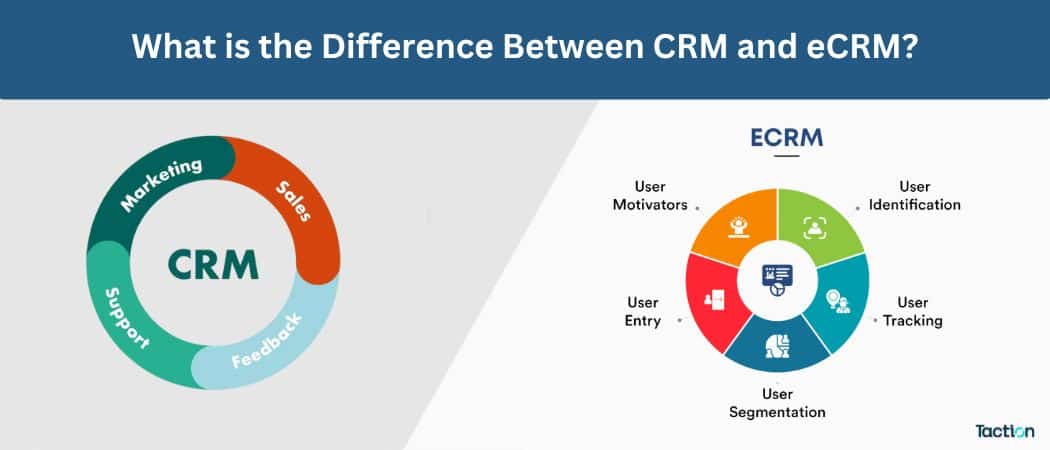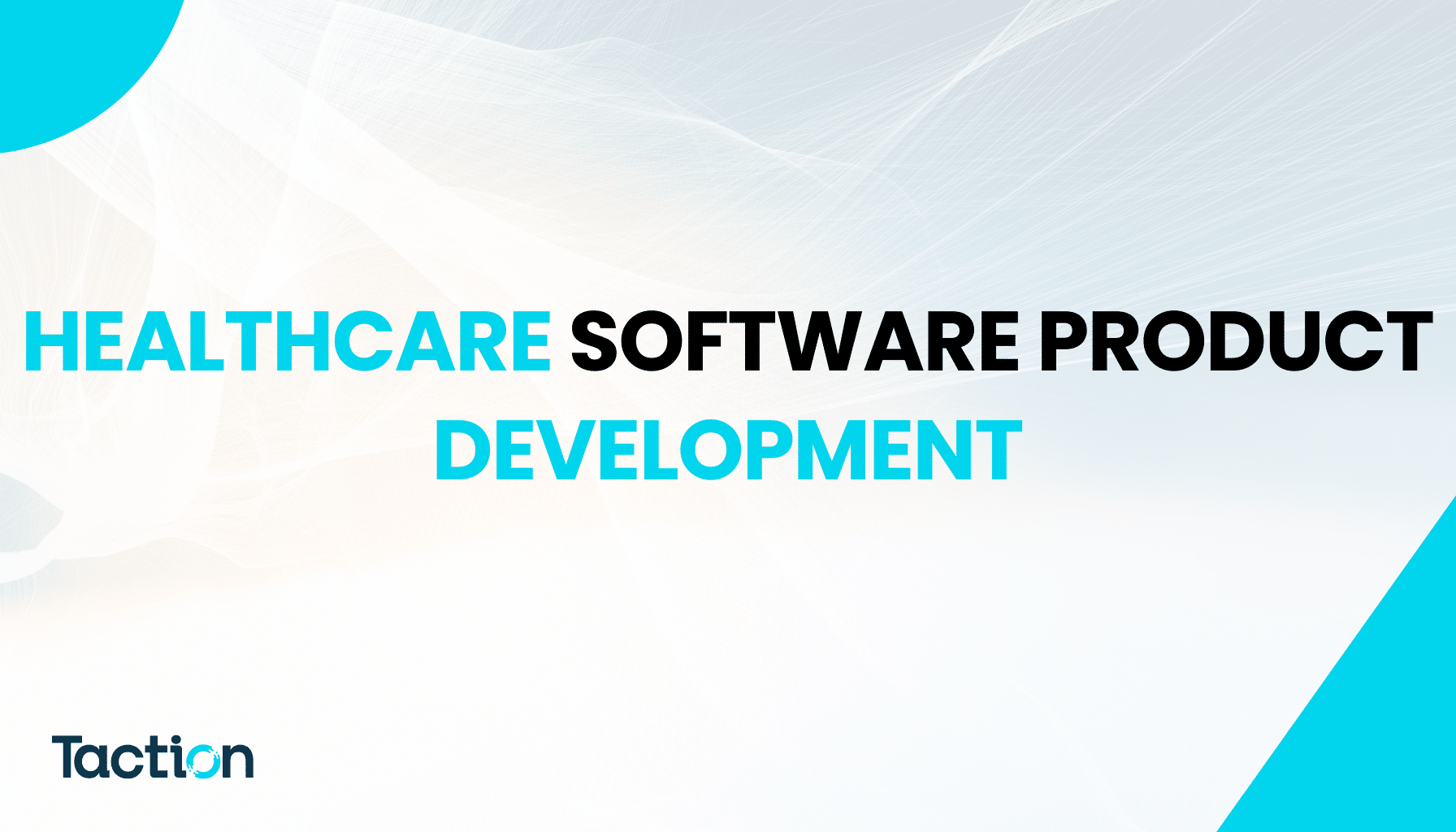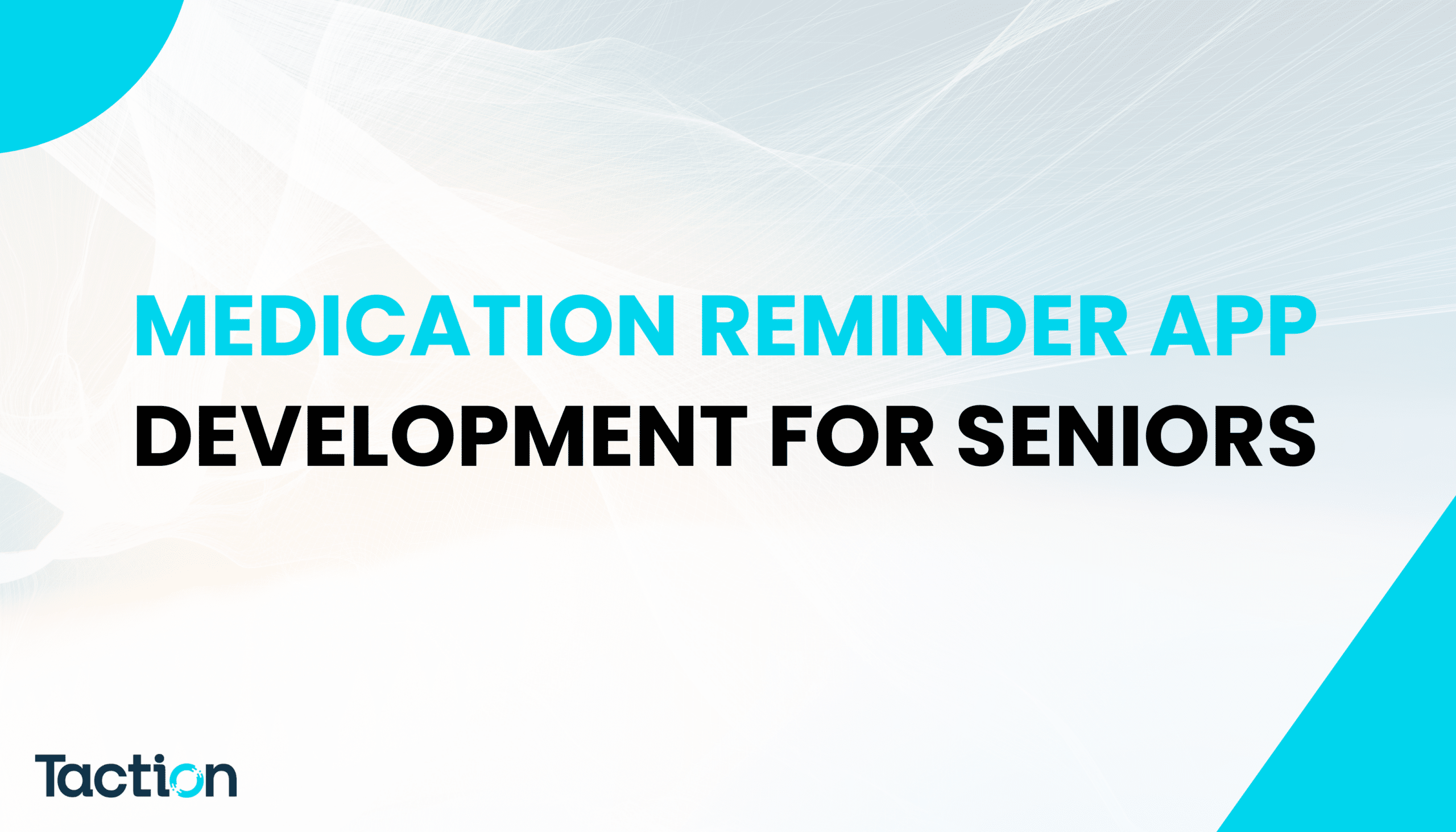Revolutionizing Construction: AI-Powered Solutions for 2025 and Beyond
The construction industry, long known for its reliance on manual processes and heavy machinery, is undergoing a seismic shift. Artificial intelligence (AI) is redefining how projects are designed, managed, and executed, driving efficiency, safety, and sustainability. In 2025, AI in construction is no longer a futuristic concept but a practical reality, with 68% of global construction firms adopting AI tools, according to a recent Deloitte report. From generative design to real-time site monitoring, AI is tackling the industry’s biggest challenges—cost overruns, delays, and safety risks—while paving the way for smarter, greener buildings. This article explores how AI construction solutions are transforming the industry, their benefits, challenges, and what lies ahead.
How Artificial Intelligence is Reshaping Modern Construction
AI is not just an add-on; it’s a game-changer for construction workflows. By leveraging machine learning, computer vision, and predictive analytics, AI streamlines every phase of a project, from initial design to final handover. Here’s how smart construction technology is making an impact in 2025.
Streamlining Design with AI-Driven Innovation
The design phase sets the tone for any construction project, and AI is revolutionizing how architects and engineers approach it. By analyzing vast datasets—climate conditions, material properties, and building codes—AI ensures designs are both functional and forward-thinking.
Generative AI for Next-Gen Building Blueprints
Generative AI, a subset of AI that creates multiple design options based on input parameters, is transforming architectural planning. In 2025, tools like Autodesk’s generative design platform allow architects to input constraints (e.g., budget, site size, energy goals) and receive hundreds of optimized blueprints in minutes. For example, Zaha Hadid Architects used generative AI to design a sustainable cultural center in Dubai, reducing material waste by 15% while meeting aesthetic and structural goals. This technology empowers teams to explore innovative designs that balance cost, sustainability, and performance.
Advanced BIM with AI for Precision Planning
Building Information Modeling (BIM) has long been a staple in construction, but AI takes it to new heights. AI-enhanced BIM platforms, like Trimble’s Tekla, integrate real-time data to create dynamic 3D models that evolve with project changes. These models predict clashes between structural elements, optimize material usage, and even simulate energy performance. A case study from Skanska’s London skyscraper project showed that AI-driven BIM reduced design errors by 20%, saving £2 million in rework costs. By enabling precision planning, AI in construction ensures projects stay on budget and schedule.
Real-Time Construction Site Oversight with AI
Construction sites are complex environments where delays and accidents can derail progress. AI-powered tools provide real-time oversight, ensuring projects run smoothly and safely.
AI Robotics for High-Accuracy 3D Site Mapping
Robotic systems equipped with AI are transforming site surveys and inspections. In 2025, companies like Komatsu deploy AI-powered robots that use LiDAR and computer vision to create high-accuracy 3D maps of construction sites. These maps detect discrepancies between as-built conditions and planned designs, flagging issues before they escalate. For instance, a U.S. highway project used AI robotics to identify foundation misalignments, saving $500,000 in potential repairs. Such precision enhances quality control and reduces costly errors.
Drone-Powered GeoAI for Project Monitoring
Drones, combined with GeoAI (geospatial AI), are revolutionizing progress tracking. Equipped with high-resolution cameras and AI algorithms, drones capture aerial data and analyze it to monitor site activities. In 2025, platforms like DroneDeploy provide real-time insights into material stockpiles, equipment usage, and work progress. A notable example is Balfour Beatty’s use of GeoAI drones on a UK rail project, which cut inspection times by 40% and improved schedule adherence. By offering a bird’s-eye view, drones enhance decision-making and keep projects on track.
Optimizing Construction Management with AI
Effective project management is the backbone of successful construction, and AI is making it smarter and more efficient.
Automating Routine Tasks for Seamless Workflows
AI automates repetitive tasks like scheduling, invoicing, and compliance reporting, freeing managers to focus on strategic decisions. Tools like Procore’s AI module use natural language processing to extract insights from contracts and emails, ensuring no detail is missed. For example, a Canadian hospital project used AI to automate 80% of its document reviews, reducing administrative hours by 25%. This automation streamlines workflows and minimizes human error.
Predictive AI for Smarter Resource Management
Predictive analytics, powered by AI, helps managers anticipate and mitigate risks. By analyzing historical data, weather patterns, and supply chain trends, AI forecasts delays and optimizes resource allocation. In 2025, Oracle’s Construction Intelligence Cloud predicts equipment downtime with 90% accuracy, enabling proactive maintenance. A case study from Turner Construction showed that predictive AI reduced material delivery delays by 30%, saving $1.2 million on a high-rise project. This foresight ensures projects stay within budget and timeline.
Key Advantages of AI in Construction Projects
The adoption of AI construction solutions delivers tangible benefits, addressing long-standing industry pain points. Here’s how AI is driving value in 2025.
Boosting On-Site Safety with AI Analytics
Safety is a top priority in construction, where accidents cost the industry $13 billion annually, per OSHA. AI enhances safety through real-time risk detection. Wearable sensors and AI-powered cameras monitor workers’ movements, identifying hazards like fatigue or proximity to dangerous equipment. For instance, Suffolk Construction’s AI safety system reduced incident rates by 35% on a Boston project by alerting supervisors to unsafe behaviors. By prioritizing worker well-being, AI fosters safer job sites.
Cutting Costs and Timelines with AI Efficiency
Cost overruns and delays plague 70% of construction projects, according to McKinsey. AI tackles these issues by optimizing workflows and resources. AI-driven scheduling tools, like ALICE Technologies, simulate thousands of construction scenarios to identify the fastest, most cost-effective path. A Dubai megaproject using ALICE cut its timeline by 12 weeks, saving $8 million. By streamlining operations, AI ensures projects are completed on time and within budget.
Sustainable Designs Through AI Optimization
Sustainability is a growing focus, with 60% of construction firms prioritizing green building practices, per a 2025 Turner & Townsend survey. AI optimizes designs for energy efficiency, reducing carbon footprints. For example, AI tools analyze material choices to minimize embodied carbon, as seen in Google’s Toronto office project, which achieved a 20% reduction in emissions. By enabling eco-friendly designs, AI supports the industry’s push toward net-zero goals.
Also read: Artificial Intelligence in Healthcare Mobile App Development
Overcoming Barriers to AI Adoption in Construction
Despite its benefits, integrating AI in construction comes with challenges. Addressing these hurdles is critical for widespread adoption.
Navigating High Costs and Skill Gaps
Implementing AI requires significant investment in software, hardware, and training. Small firms, in particular, face budget constraints, with AI adoption costs ranging from $50,000 to $500,000, depending on project scale. Additionally, 45% of construction workers lack AI-related skills, per a 2025 AGC report. To overcome this, firms can partner with AI vendors offering scalable solutions and invest in upskilling programs. For example, Bechtel’s AI training initiative boosted workforce proficiency by 30%, enabling smoother adoption.
Integrating AI with Existing Construction Systems
Many construction companies rely on legacy systems that are incompatible with modern AI tools. Integrating AI with outdated software can lead to data silos and inefficiencies. Cloud-based platforms like Autodesk Construction Cloud bridge this gap by connecting AI tools with existing workflows. A case study from Clark Construction showed that cloud integration reduced data processing time by 50%. By prioritizing interoperability, firms can unlock AI’s full potential.
Also Read: Artificial Intelligence (AI) Development Services
Why Partner with Experts for AI Construction Technology
Implementing AI requires specialized knowledge and experience. Partnering with expert providers ensures successful outcomes.
Leveraging Specialized AI Development Expertise
AI vendors with construction expertise offer tailored solutions, from custom BIM integrations to predictive analytics platforms. Firms like Bentley Systems provide end-to-end AI support, ensuring seamless deployment. For instance, Bentley’s AI tools helped a Singapore infrastructure project achieve 15% cost savings through optimized planning. Expert partners bring the technical know-how needed to navigate complex projects.
Also Read: How AI is Revolutionizing Education
Success Stories in AI-Driven Construction Projects
Real-world examples highlight the value of expert partnerships. Skanska’s collaboration with an AI provider for a Stockholm hospital project resulted in 25% faster completion and zero safety incidents. Similarly, Lendlease’s use of AI for a Sydney office tower cut material waste by 18%. These success stories demonstrate how expert guidance drives measurable results.
The Future of AI in Construction: Trends to Watch
The AI in construction market is poised for explosive growth, projected to reach $10.5 billion by 2030, per a 2025 MarketsandMarkets report. Here’s what to expect in the coming years.
Global Market Expansion for AI Construction Tools
AI adoption is accelerating globally, with Asia-Pacific leading at a 35% annual growth rate, driven by megaprojects in China and India. In the U.S., federal incentives for smart infrastructure are boosting AI investments. By 2027, 85% of large construction firms are expected to use AI, per McKinsey, creating opportunities for innovation and collaboration.
Cutting-Edge AI Innovations Shaping Smart Construction
Emerging technologies like digital twins and AI-integrated IoT are redefining construction. Digital twins—virtual replicas of physical assets—enable real-time performance monitoring, as seen in Siemens’ use of twins for a German factory project, which improved efficiency by 22%. Meanwhile, IoT sensors paired with AI predict maintenance needs, reducing downtime. These innovations signal a future where construction is smarter, faster, and more sustainable.
Conclusion: Embracing AI for a Smarter Construction Future
AI in construction is no longer optional—it’s essential for staying competitive in 2025 and beyond. From generative design to predictive analytics, AI addresses the industry’s toughest challenges, delivering safer, faster, and greener projects. While barriers like cost and integration remain, strategic partnerships and training can pave the way for success. As the market grows and new technologies emerge, construction firms that embrace smart construction technology will lead the charge toward a more efficient and sustainable future. Ready to transform your projects? Explore AI solutions today or consult with experts to unlock their full potential.
Also Read: Healthcare CRM App Development for Patient Management
FAQs About AI in Construction
AI in construction uses machine learning, computer vision, and predictive analytics to enhance project planning, execution, and management. It works by analyzing data from designs, site conditions, and schedules to optimize processes. For example, generative AI creates efficient blueprints, while drones with GeoAI monitor progress. In 2025, 68% of firms use AI, per Deloitte, to reduce costs and errors, as seen in Skanska’s BIM projects, which cut design errors by 20%.
AI in construction enhances safety by detecting risks in real time. AI-powered cameras and wearables monitor worker movements, flagging hazards like fatigue or proximity to machinery. Suffolk Construction’s AI system reduced incidents by 35% by alerting supervisors to unsafe behaviors. These tools analyze site data to predict risks, ensuring safer environments and addressing the industry’s $13 billion annual accident costs, per OSHA.
AI in construction boosts efficiency, cuts costs, and promotes sustainability. It streamlines design with generative AI, reduces delays via predictive analytics, and optimizes resources, as seen in Turner Construction’s 30% delay reduction. AI also enhances safety and supports green building, with Google’s Toronto project cutting emissions by 20%. These benefits help 70% of projects avoid overruns, per McKinsey.
Adopting AI in construction faces high costs ($50,000–$500,000) and skill gaps, with 45% of workers untrained, per a 2025 AGC report. Integrating AI with legacy systems also creates data silos. Solutions include scalable vendor tools and training, as Bechtel’s 30% proficiency boost shows. These hurdles are easing as 85% of firms plan AI use by 2027, per McKinsey.
By 2030, the AI in construction market will hit $10.5 billion, per MarketsandMarkets, driven by digital twins and AI-IoT integration. Digital twins, like Siemens’ factory project with 22% efficiency gains, enable real-time monitoring. Emerging GeoAI and robotics will further streamline smart construction, making projects faster and greener, with Asia-Pacific leading at 35% annual growth.




